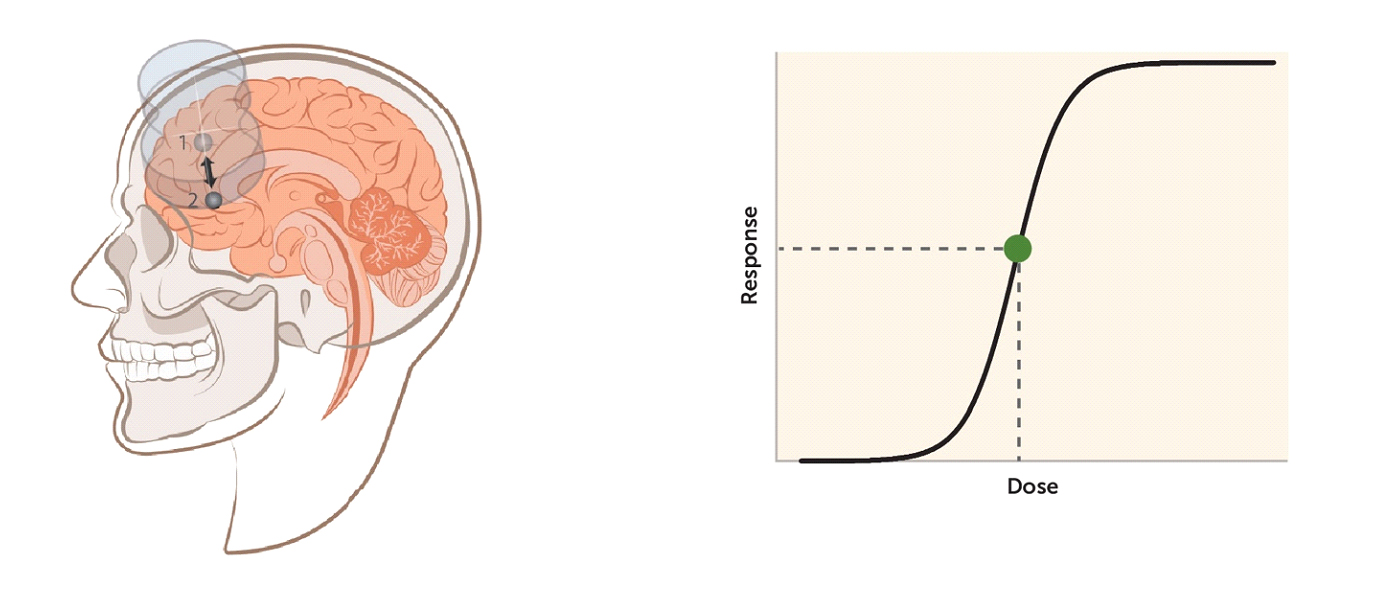Neuropathic Pain as a shooting or burning pain. It might go away by itself but will often be chronic. It often is unrelenting and severe, and many times it comes and goes. It often happens to be the consequence of nerve damage or perhaps a malfunctioning nervous system.
Neuropathic pain is sometimes nerve damage resulting from injury, disease, infection, or failed surgery. Unfortunately, for many cases, the exact cause of this type of pain is unknown.
What Causes This Type of Pain?
Central neuropathic pain is often associated with multiple sclerosis, spinal cord injury or stroke. Ruling out metabolic disorders like diabetes as a possible source, other possible causes of peripheral neuropathy include shingles, toxins, physical trauma, and certain immune disorders.
While there is often no obvious cause, common causes of neuropathic pain can include:
- Accidents
- Alcoholism
- Amputation
- Arthritis of the spine
- Carpal tunnel syndrome
- Chemotherapy
- Diabetes
- HIV or AIDS
- Multiple sclerosis
- Nerve damage
- Shingles
- Spinal cord injury
- Surgery
- Thyroid problems
- Vitamin B deficiency
Now that you know the possible causes of neuropathic pain, let’s look at some of the common symptoms associated with this type of pain.
Neuropathic Pain Symptoms
The exact symptoms associated with neuropathic pain are different for each individual. But, the more common pain symptoms include numbness/tingling sensations, stabbing/ shooting/burning pain, or even sensations of coldness.
Sometimes the pain is spontaneous while other times it starts with a trigger such as cold weather, brushing your hair, or rubbing against something. If you are dealing with this type of pain, you may also have difficulty sleeping, a sensation of feeling abnormal or out of sorts, or even experience emotional or behavioral problems like depression.
There are a variety of treatment and therapy options to explore to help bring relief to your pain symptoms, so there is hope for anyone dealing with nerve pain.
Treatments Currently Used for Neuropathic pain
Neuropathic pain can be very difficult to treat with only around 40-60% of people achieving partial relief. It’s helpful to work with a healthcare professional to try to determine the underlying cause of your pain. But even if your doctor can’t pinpoint the exact cause, there are a variety of treatment methods that will bring relief to your symptoms.
Common treatment options include:
Anticonvulsants
Antidepressants
Opioids
Cannabinoids
Botulinum toxin
OTC – over the counter pain medications
Herbal remedies
Dietary supplements
Topical agents such as a lidocaine patch or capsaicin cream
Physical therapy
Alternative treatments like acupuncture or massage therapy
Neuromodulators such as deep brain stimulation
NMDA antagonists such as ketamine
Risk of Treatment Methods
Various treatment options may provide only temporary relief with the neuropathic pain getting worse over time. There is also a possible risk of addiction with certain prescription medications so it’s important to find a treatment method where the benefits outweigh the risks.
Certain treatments such as nerve blocks can result in numbness or tingling in the treated area, possibly for several days. TENS machines (transcutaneous electrical nerve stimulations) use electrodes on sticky pads to deliver a mild electrical impulse to help block the signals carrying pain impulses to the brain. Skin irritation or allergic reaction to the pads is a common side effect of this treatment method.
Extreme cases of neuropathic pain may require surgical intervention such as an implantable device. But surgery is an invasive procedure and should only be considered as a last resort. Ketamine is one possible solution offering new hope for pain relief.
How Ketamine Can Help With Neuropathy
Let’s look at ketamine and why it should be considered as a possible treatment option for neuropathic pain.
A randomized controlled study published in the Pain Physician Journal found that “All treatments were effective in reducing pain scores by at least 40%. However, a significant improvement in pain was observed only in the ketamine alone group compared with both the methadone or methadone/ketamine groups.”
In a research paper published in the February 2017 issue of Anesthesia and Analgesia, Dr. Dermot Maher from the Division of Pain Medicine, Massachusetts General Hospital, Harvard School of Medicine says, “Careful examination of the published literature suggests that ketamine infusions can be useful to treat neuropathic pain and that certain characteristics of ketamine infusions may be associated with better clinical outcomes.”
Dr. Maher and his team studied ketamine infusion therapy as a possible treatment option for people dealing with complex regional pain syndrome (CRPS), postherpetic neuralgia, traumatic spinal cord injury, phantom limb pain, and other neuropathic pain conditions.
Could Ketamine Be The Answer To Help End Your Chronic Pain?
Pain affects each person dealing with neuropathy differently. Chronic neuropathy results in various psychological and physical manifestations including depression, fatigue, and anxiety. Ketamine is showing great promise as a successful treatment option to help relieve the symptoms and side effects of neuropathic pain.
The caring staff at Bespoke Treatment of Los Angeles is here to help you. Contact the Bespoke Treatment today to see if you are nearby our Los Angeles and Santa Monica clinic to get a free consultation and get the help you need and improve the quality of your life: 833-867-2329.


















